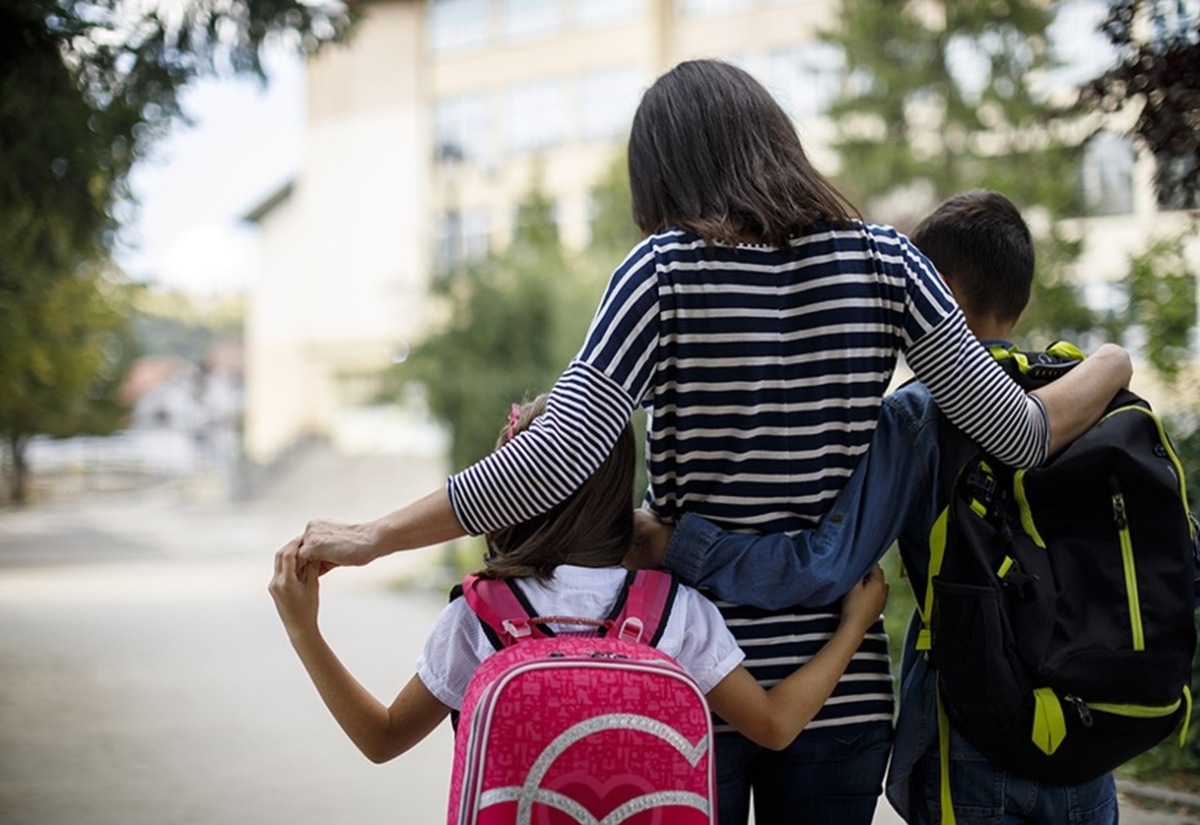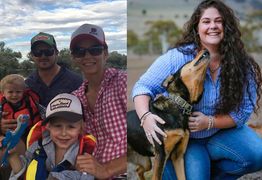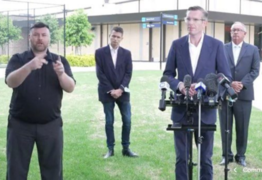Public consultation welcomed for new national domestic violence plan
Laura Williams
17 January 2022, 8:00 PM
 With Western NSW continuing to lead domestic violence rates across Australia, there is a need for the new plan to address the nuances of regional and rural Australia that may contribute to the issue.
With Western NSW continuing to lead domestic violence rates across Australia, there is a need for the new plan to address the nuances of regional and rural Australia that may contribute to the issue.THE GOVERNMENT has announced the development of a new national plan to end violence against women and children following the impending expiry of the current plan, which local experts say didn’t do enough to address the stark disadvantage and outrageously high domestic violence rates that burden regional and rural NSW.
A new federal commission will be created to address domestic and family violence rates to inform the replacement of the existing National Plan to Reduce Violence against Women and their Children 2010-2022 when it ends in the middle of this year.
Western NSW Community Legal Centre Principal Solicitor Patrick O’Callaghan cited a number of factors contributing to higher rates of domestic violence in regional and rural areas, including a lack of services and support, high drug and alcohol usage levels, and limited appropriate housing for victims in unstable homes.
Another crucial factor is privacy, where people in small towns are less inclined to report domestic violence for fear of knowing the authorities, being embarrassed, or not being believed if the perpetrator is well respected around town.
“It’s a cultural change we need to see occurring and shifting within our communities…that domestic violence is not something that is a private affair. It is something for the public to get involved with…to be held to account and further intervention,” Mr O’Callaghan said.
Mr O’Callaghan said that while the current plan has a high level of important principles and objectives, implementation at the practical level is key to change, where statistics reveal a lack of progress.
“The statistics certainly suggest that the numbers are continuing to increase in terms of rates of violence across this region, especially compared to the rest of the state,” he said.
Western NSW has the highest rates of domestic violence related assaults in recent years, with Coonamble seeing an 18.9 per cent increase (according to figures from the Bureau of Crime Statistics and Research from July, 2021) in reported cases of domestic violence in the last five years, followed by an increase of 12.3 per cent in Bourke.
According to Mr O’Callaghan, along with a number of other focuses, the education and intervention of men and boys will be crucial to seeing numbers finally decline.
“It’s a really important conversation that needs to be occurring amongst males, amongst men and boys, in terms of what it is and what it looks like. It’s not just the physical components (that make domestic violence), it’s all these other things that go into making it up,” Mr O’Callaghan said.
The new plan, which will span from 2022 to 2032 will be made in consultation with industry experts as well as the Australian public, including a survey where submissions can be made up until 31 January 2022.
Chief Executive of the Australian Institute of Superannuation Trustees Eva Scheerlinck said the new National Plan to End Violence Against Women and Children 2022-2032 is also an opportunity to take into account the financial toll on women in violent relationships.
“The impact of coercive control in a violent relationship was starkly demonstrated in 2020 in the early release of superannuation scheme, with many women being coerced into accessing their super or having it fraudulently accessed by their domestic partner,” said Ms Scheerlinck.
“In reality, women experiencing family violence are often prevented from working and therefore do not receive any super, so the impact of this on their retirement must be addressed in the new plan,” Ms Scheerlinck said.
The Minister for Women’s Safety Anne Ruston said the plan promises to address calls for more certainty on funding and deliver more details on how the billion dollars that was committed to the cause last year will be allocated.
Family, domestic and sexual violence can be difficult topics to discuss and your safety and wellbeing is important. If you or someone you know needs help or support at any time, call 1800 RESPECT (1800 737 732) for family, domestic and sexual violence matters.

